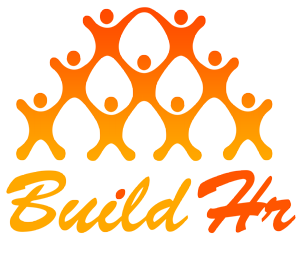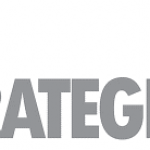Fearless Organization
Whether you lead a global corporation, develop software, advise clients, practice medicine, build homes, or work in one of today’s state-of-art factories that require sophisticated computer skills to manage complex production challenges, you are a knowledge worker. Just as the engine of growth in the Industrial Revolution was standardization, with workers as laboring bodies confined to execute “the one best way” to get almost any task done, growth today is driven by ideas and ingenuity. People must bring their brains to work and collaborate with each other to solve problems and accomplish work that’s perpetually changing. Organizations must find, and keep finding, new ways to create value to thrive over the long term. And creating value starts with putting the talent you have to its best and highest use.
What it takes to thrive in a complex, uncertain world, While it’s not news that knowledge and innovation have become vital sources of competitive advantage in nearly every industry, few managers stop to really think about the implications of this new reality – particularly when it comes to what it means for the kind of work environment that would help employees thrive and organizations succeed.
For an organization to truly thrive in a world where innovation can make the difference between success and failure, it is not enough to hire smart, motivated people. Knowledge, skilled, well-meaning people cannot always contribute what they know at that critical moment on the job when it is needed. Sometimes this is because they fail to recognize the need for their knowledge. More often, it’s because they’re reluctant to stand out, be wrong, or offend the boss. For knowledge work to flourish, the workplace must be one where people feel able to share their knowledge! This means sharing concerns, questions, mistakes, and half-formed ideas. In most workplaces today, people are holding back far too often – reluctant to say or ask something that might somehow make them look bad. To complicate matters, as companies become increasingly global and complex, more and more of the work is team-based. Today’s employees, at all levels, spend 50% more time collaborating than they did 20 years ago. Hiring talented individuals is not enough. They have to be able to work well together.
Teaming
Psychological safety helps explain difference in performance in workplace. Moreover psychological safety matters for groups as disparate as those in the C-suite of a financial institution and on the front lines of the intensive care unit. Few products or services today are created by individuals acting alone. And few individuals simply do their work and then hand the output over to other people who do their work, in a linear, sequential fashion. Instead, most work requires people to talk to each other to sort out shifting interdependencies. Nearly everything we value in the modern economy is the result of decisions and actions that are interdependent and therefore benefit from effective teamwork. More and more of that teamwork is dynamic – occurring in constantly shifting configurations of people rather than in formal, clearly – bounded teams. This dynamic collaboration with people across boundaries of all kinds – expertise, status, and distance, to name the most important. But whether you’re teaming with new colleagues all the time or working in a stable team, effective teamwork happens best in a psychologically safe workplace.
Psychological safety is not immunity from consequences, nor is it a state of high self-regard. In psychologically safe workplaces, people know they might fail, they might receive performance feedback that says they’re not meeting expectations, and they might lose their jobs due to changes in the industry environment or even to a lack of competence in their role. These attributes of the modern workplace are unlikely to disappear anytime soon. But in a psychologically safe workplace, people are not hindered by interpersonal fear. They feel willingly and able to take the inherent interpersonal risks of candour. They fear holding back their full participation more than they fear sharing a potentially sensitive, threatening, or wrong idea. The fearless organization is one in which interpersonal fear is minimized in a knowledge intensive world. It is not one devoid of anxiety about the future!






